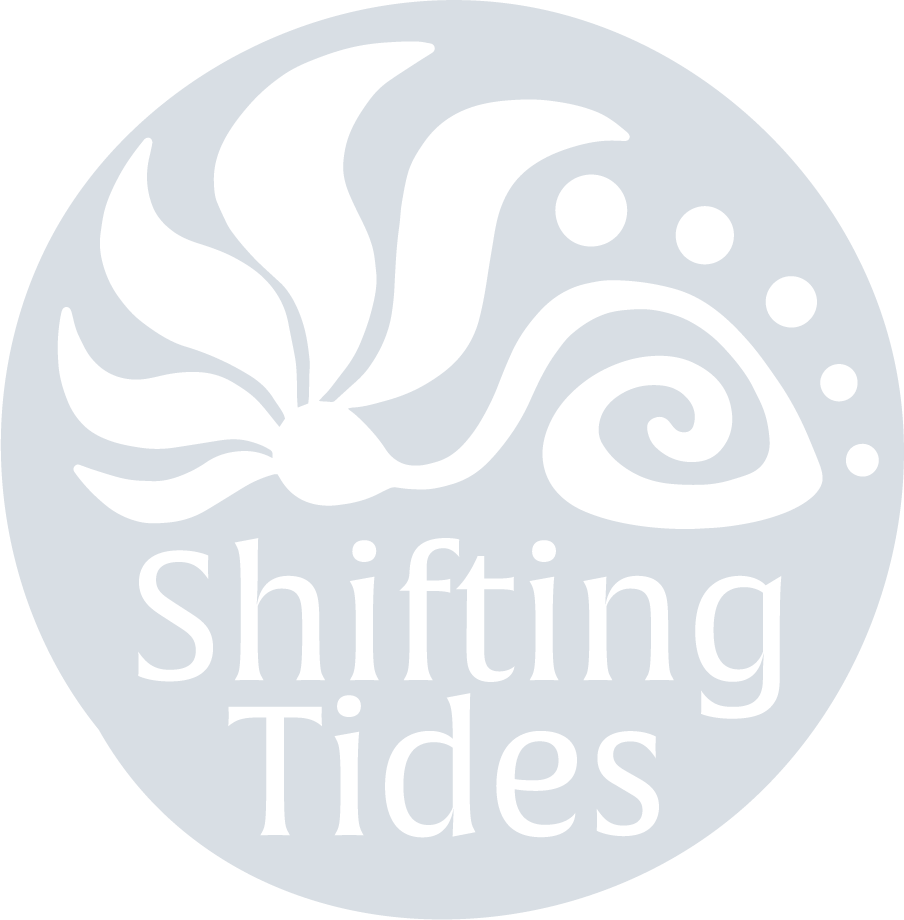2025 Seaweed Foraging Seaweed
This spring marked an exciting surge in interest around guided seaweed foraging workshops along the Oregon Coast, with more than 200 people joining Shifting Tides workshops to explore the fascinating world of marine algae!! What began as a niche coastal curiosity and mild obsession has quickly become one of the most sought-after experiences of the year. These classes have brought together curious foodies, outdoor enthusiasts, knowledgeable foragers and conservation-minded locals eager to learn about Oregon’s overlooked intertidal bounty.
Each workshop dove deep into the ecology of the Pacific Northwest’s rocky shores, with a guided walk from the highest to lowest tidal zones exposed. These shores are home to more kelp species than anywhere else on Earth. Participants learned how to read the tides, identify a variety of species, and harvest seaweed sustainably, all while paying attention to the different tidal zones different species may inhabit. Beyond foraging their own nutrient dense foods, attendees gained new appreciation for the dynamic and biodiverse ecosystems thriving just beyond the low-tide line.
Throughout the season we sampled homemade seaweed seasonings and pickles made from my previous harvests, sparking conversations about coastal food traditions and the creative ways these nutrient-dense sea vegetables can be preserved for the year to enhance meals cooked at home. One particularly memorable moment came when a massive bull kelp was found washed ashore during a workshop, quickly turning into a mass harvest for the class as well as an impromptu demonstration on how to clean, prepare, and preserve this iconic species.
Seaweed foraging season in Oregon is short, running only from March 1 through June 15, but the enthusiasm this year made it clear that these guided workshops have struck a chord. Each tidepool adventure and foraging experience connected people not only to their food but also to the rhythm of the ocean itself, a reminder of how much there is to discover when we slow down, get our feet wet, and look a little closer at the coastline we call home.

